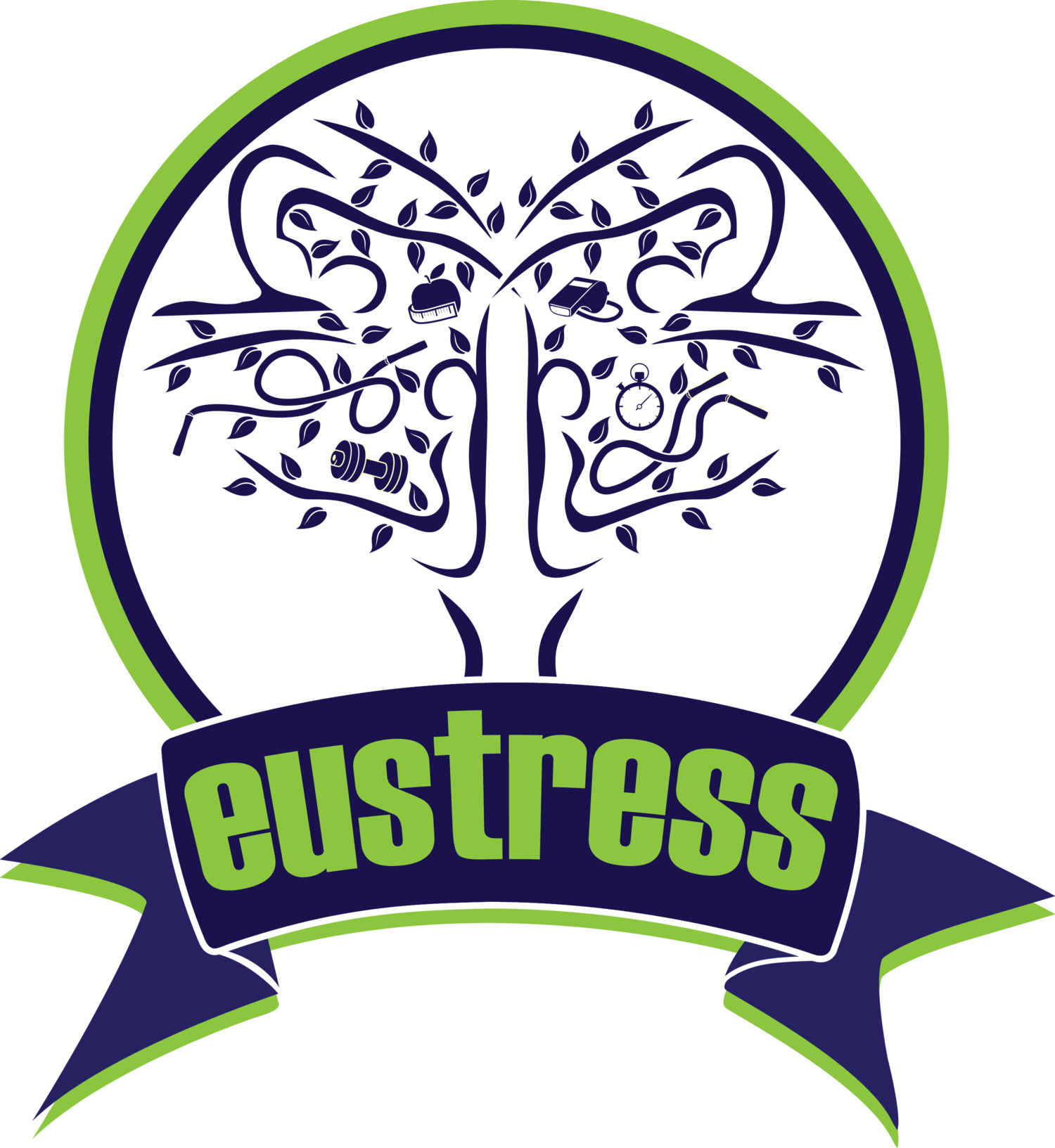WHY EUSTRESSIN'?: DEXTER ROBINSON
Transitioning to college can be difficult. Fortunately for many students at UNC-Chapel Hill, they have Dexter Robinson as a Senior Academic Advisor. Before he established himself as a key figure in helping minority students on campus, Dex was always a mentor, taking me underneath his wing my freshman year in college. It's always a pleasure to chop it up with the big homie.
HEY DEXTER, WHY EUSTRESSIN’?
WHAT DO YOU DO FOR A LIVING/ HOW LONG?
My primary job is working for the "man" as an Academic Advisor at the University of North Carolina at Chapel Hill. I've been working as an advisor there for a little over five years. I have an entrepreneurial spirit, so I'm involved in a few other ventures that are promising.
DO YOU EVER THINK ABOUT YOUR MENTAL HEALTH IN YOUR PROFESSION?
Absolutely! There is no way I can be responsible for the success and well-being of students if I don't take care of myself. Typically, I don't get sick so many times I may use a sick day as my "mental health day" instead.
WHAT UNIQUE CHALLENGES DO YOU ENCOUNTER SPECIFICALLY FOR YOUR JOB THAT HAS AN IMPACT ON YOUR MENTAL HEALTH THAT OTHERS MAY NOT KNOW ABOUT?
I think students, unintentionally, apply added pressure for me to be a source of all solutions for them, and at times it's unrealistic. While I cherish the relationships I build with many of my students, I think many times they fail to realize just how many students we interact with on a day to day, week to week, and month to month basis. The demand for advisors heavily outweighs the supply.
WHEN DID YOU REALIZE THAT YOU SHOULD ALSO CONSIDER YOUR MENTAL HEALTH WHEN TAKING ON DAY-TO-DAY ACTIVITIES?
Probably my second year out of college. I've always enjoyed working with the youth and students, but you quickly realize how physically and mentally draining it can be. That's when I began to take "mental health days" to keep me balanced.
HOW DO YOU MANAGE THOSE STRESSORS ON A DAY-TO-DAY BASIS?
It's important to have boundaries and listen to your body. When I was younger I would work through lunch, work after work, and just struggled with boundaries in general. All of those things have a negative impact on not just your physical health, but your mental health as well. As I've gotten more comfortable in my profession, I still make sure I'm highly accessible to students but manage it better. I schedule breaks within my day, so I can realign my mental and physical self. I may invite a student to lunch with me instead of work through lunch and not eat. Instead of answering a phone call, I may respond to a text or save a non-urgent email for when I return to work.
HOW DOES BEING MENTALLY HEALTHY HELP IN YOUR FIELD OF WORK OR ON THE JOB?
Being mindful of my mental health keeps me sharp allowing me to maximize my effort and engagement with students.
WHAT DOES EUSTRESS LOOK LIKE FOR YOU AT WORK? AT HOME/AWAY FROM WORK?
At work, a change of pace and schedule always is helpful. Too much of anything is never good for you. I usually keep my on while in my office. At home or away from work, I like to hoop. Sometimes I may just get up some shots, and other times I may play pick-up. I hate running and need to get back into it, but it does allow me to clear my mind and I can feel the difference in my stress level. I'm not big on meditation, but I think the quiet alone time is important! I like to just think and let my mind wander.
WHAT IS SOMETHING THAT YOU WOULD TELL SOMEONE JUST STARTING IN YOUR PROFESSION OR A YOUNG PERSON WHO ASPIRES TO BE THE PROFESSIONAL THAT YOU ARE?
Whatever you leave today, will be there tomorrow. It is extremely important to have a work/life balance, or you will burn out.
HOW CAN PEOPLE CONTACT YOU FOR MORE INFORMATION?
Twitter:
@Dex_Robinson

